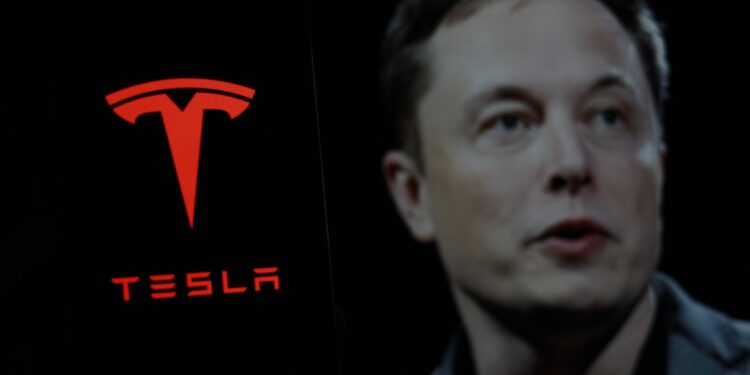Tesla is currently asking its shareholders to approve a $46 billion pay package, developed in 2018 and tied to stock market performance, for CEO Elon Musk—and they should say no, wrote J. Bradford DeLong, economic history professor at University of California, Berkeley, in an opinion piece for The New York Times.
While Musk used to be a visionary who wanted to change the world—which he did through the success of Tesla, which drove the creation of the EV market today—the pay package “helped drive his descent from visionary business leader to bizarre carnival barker,” DeLong wrote.
Rather than being incentivized to to improve the carmaker’s ability to make high-quality electric vehicles in a time of strong demand, Musk was instead motivated to focus on increasing Tesla’s stock price. He did this by boosting “the meme-stock association of Tesla,” announcing products (both potential and realized) such as Tesla robotaxis, Cybertrucks and humanoid robots.
By voting for the pay package, the shareholders are validating that focus, “and that is a damned shame,” DeLong wrote.












